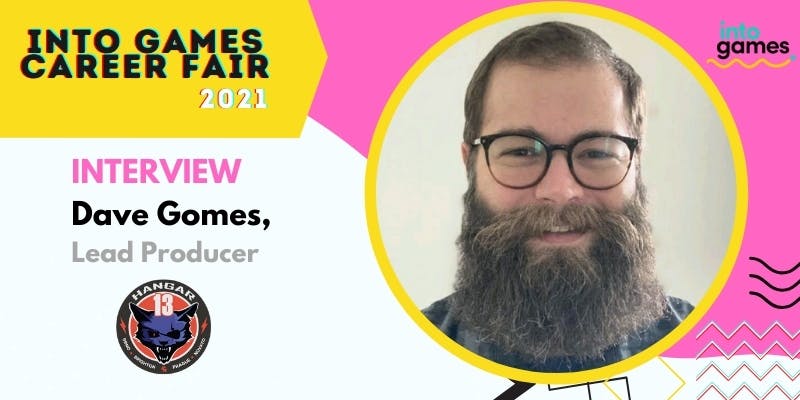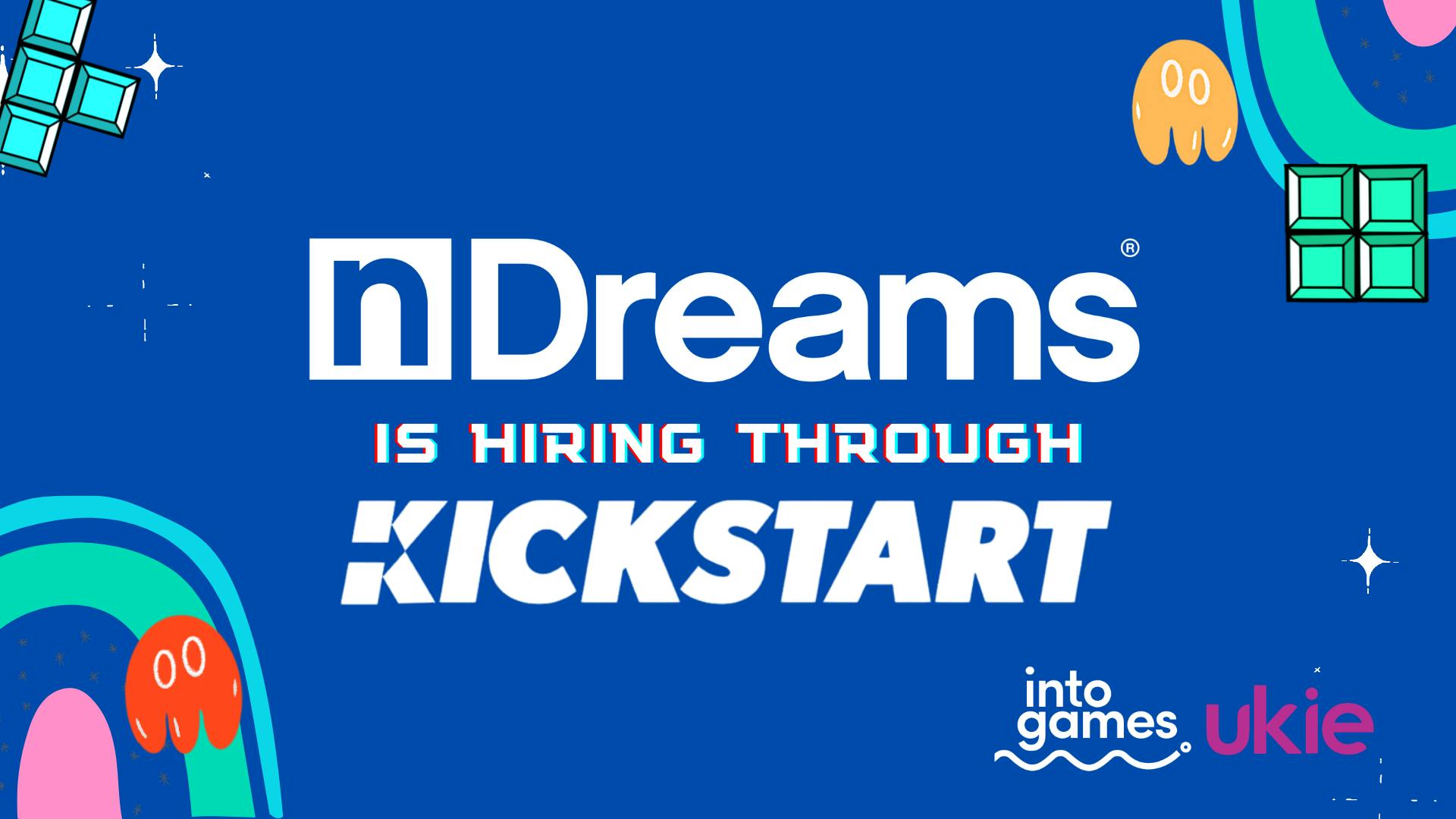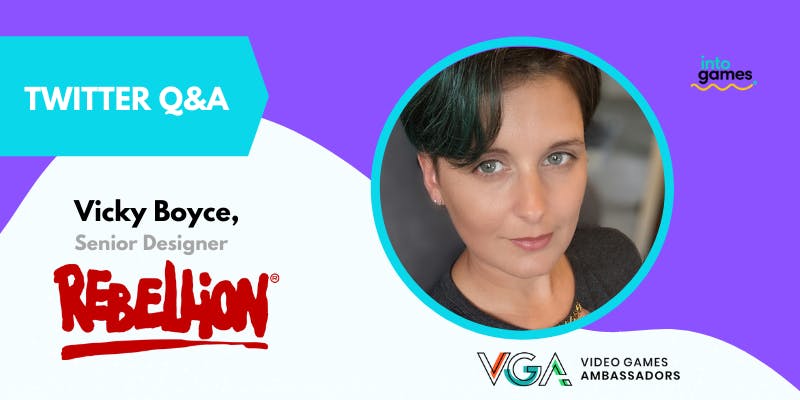Jonathon Wilson currently working as a Level Designer at Hangar 13 Games. He has worked on a variety of games across multiple genres and platforms including Shu, Esper, Augmented Empire, They Suspect Nothing, Shadow Point and most recently, Mafia: Definitive Edition. We asked Jonathon, some key questions about getting into the games sector.
Explain your role like I'm 5 years old
As a level designer, I am responsible for designing and building different scenarios that players will experience as they progress through a game. I have to come up with the level layout, identify the required gameplay, as well as script level logic, which is the stuff that the player can do in the level.
Creating a level involves working with many departments, including art, animation, programming, and writers, to identify and produce all the content that will be required to create the intended experience. It is then the level designer’s responsibility to take all that content and assemble it within the level layout in a way that ensures players will still understand what they need to do and how to navigate the environment.
Take us through your average day at work
This one is a little tricky, as what a level designer does day to day will change depending on where a project is in development. Early on, you will mainly focus on locking down the design; this will include things like defining the level layout, major gameplay beats, and the required assets. Traditionally, this starts with some kind of paper design, map sketches, gathering reference images, research, and a brief level breakdown that details the high-level objectives.
Once you know what the intended design is and you have an idea for the level layout, you will then create a rough version of the level, which is normally referred to as a blockout. From this point, there is usually a lot of testing and iteration done on the layout and required logic until it is eventually locked and sent to art to start finalising the environment.
At this point, the focus shifts toward scripting, content implementation, and maintaining the levels of overall stability. All of this work is carried out in a game engine, so that is what I spend the majority of my days using during development.
One thing that is consistent day to day, regardless of the development phase, is constant communication. I will speak with other departments daily; this can be to check on the status of requests, find out about any changes that might have an impact on design content or to resolve any issue that might have come up.
What was your educational and career journey into your current role?
I knew from a young age that I wanted to work in games, but in school, I didn’t know if it was possible or even how to go about it. So when it came time to go to college, I started searching for games courses. At the time, there weren’t a great deal of dedicated games courses out there, but I found a BTEC in Media Production that was focused on games at Newcastle College.
I then went to university to study Computer Games Design and Production. It was here where I found my passion for level design. Getting a degree certainly helped to keep me focused on games, but I wouldn’t say that it is essential to securing a job in games. It is just one of many routes you can take to find a job in games.
What is it about your role that you love?
As a designer, I love the fact that you are always faced with new challenges and problems to solve. This prevents the job from becoming boring, as it is very rare that you will have all the answers straight away and with the growing expectations of gamers, you need to be clever about how you choose to communicate with players when trying to guide them.
You always want players to know where to go and what they have to do within a level but don’t want it to feel as if you’re holding their hands or spoon-feeding everything to them. This is why the actual level building is my favourite part of the job. It allows me to think a lot about how the players will engage within the space and what techniques can be used to influence and guide them.
What's the hardest thing about your role?
One of the hardest parts of a job is trying to account for everything that the player might try to do within a level. When you build a level or mission, you will focus a lot of time on the golden path, which is the route you expect the player to take based on the content and logic you have set up. However, since games are a lot bigger now and are rarely just a series of corridors. This has made development a lot more challenging because players have a greater deal of freedom when it comes to how they engage with level content.
There are also a lot of different game systems that need to be accounted for when building a level, so not only do you have to think about what the player might do but also how the level logic might impact other game systems. Players won’t always approach things in the ways you expect, so you must account for as many eventualities as possible, but even then it's highly unlikely you will catch everything the first time. This is why it is important to have strong communication with QA, as the team will help you find some of the stranger situations.
What key skills should people work on to do your role one day?
If you want to be a level designer, you need to have good problem-solving and communication skills. You also need to be quite analytical about how things work and interact with one another. In addition, scripting knowledge and basics 3D modelling skills are the technical skills that every level designer needs to successfully block out level layouts and add functionality.
What advice would you give to your younger self looking to get started in the industry?
Don’t worry so much about what other people think, and share your work publicly sooner than you may initially think makes sense. You will learn and grow so much from the feedback you receive, and it will help you develop and further your understanding of things a lot quicker.
Work doesn’t need to be finished before you can ask for feedback, especially when it comes to level design, as it is an extremely iterative process and the quicker you get used to and establish a feedback loop, the better.
Do you have any links to good articles or videos that you think might give some tips or advice to someone starting in your role?
If you have an interest in level design, then you can always check out the GDC YouTube channel, which has lots of design-focused talks.
Podcasts are another great way to consume information and learn more about design and game development. In general, there are a lot of resources out there now, but it’s all about finding what works best for you. Ultimately, if you want to get started in a level design role, just start building something in Unity, Unreal, or level editor.

.png?ixlib=gatsbyFP&auto=compress%2Cformat&fit=max&w=1600&h=900)




.png?ixlib=gatsbyFP&auto=compress%2Cformat&fit=max&w=1600&h=900)
.png?ixlib=gatsbyFP&auto=compress%2Cformat&fit=max&w=1600&h=900)